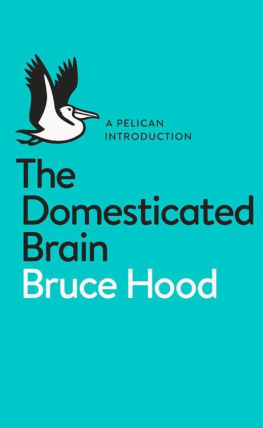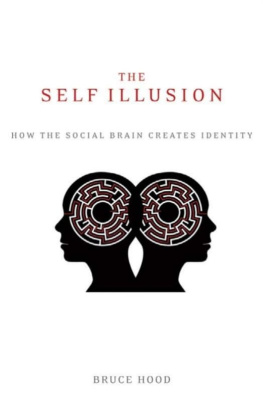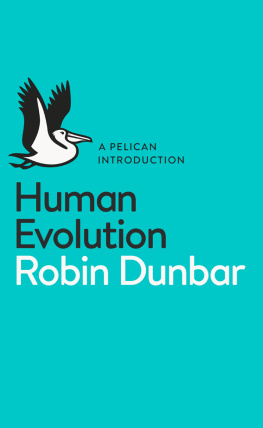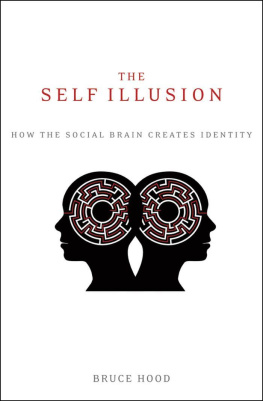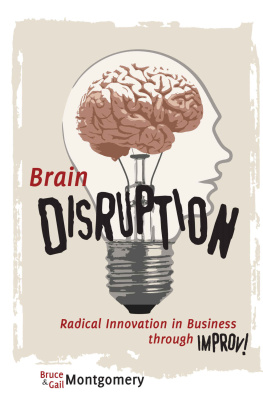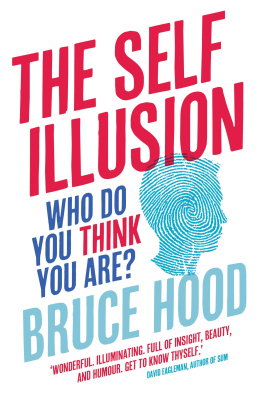A shrinking brain seems at odds with the assumption that advancing science, education and technologies would lead to larger brains. Our cultural stereotypes of large egg-headed scientists or super-intelligent aliens with bulbous craniums fit with the idea that smart beings have big brains.
Small brains are generally not associated with intelligence in the animal kingdom; this is why being called bird-brained is regarded as an insult (though in fact not all birds have small brains). Animals with large brains are more flexible and better at solving problems. As a species, humans have exceptionally large brains about seven times larger than should be expected, given the average body size. The finding that the human brain has been getting smaller over our recent evolution runs counter to the generally held view that bigger brains equal more intelligence, and that we are smarter than our prehistoric ancestors. After all, the complexity of modern life suggests that we are becoming more clever to deal with it.
Nobody knows exactly why the human brain has been shrinking, but it does raise some provocative questions about the relationship between the brain, behaviour and intelligence. First, we make lots of unfounded assumptions about the progress of human intelligence. We assume our Stone Age ancestors must have been backward because the technologies they produced seem so primitive by modern standards. But what if raw human intelligence has not changed so much over the past 20,000 years? What if they were just as smart as modern man, only without the benefit of thousands of generations of accumulated knowledge? We should not assume that we are fundamentally more intelligent than an individual born 20,000 years ago. We may have more knowledge and understanding of the world around us, but much of it was garnered from the experiences of others that went before us rather than the fruits of our own effort.
Second, the link between brain size and intelligence is navely simplistic for many reasons. It is not the size that matters but how you use it. There are some individuals who are born with little brain tissue or others with only half a brain as a result of disease and surgery, but they can still think and perform within the normal range of intelligence because what brain tissue they do have left, they use so efficiently. Moreover, its the internal wiring, not the size, that is critical. Brain volume based on fossil records does not tell you how the internal microstructures are organized or operating. Relying on size is as ridiculous as comparing the original computers of the 1950s that occupied whole rooms with todays miniature smartphones that fit into your pocket but have vastly more computing power.
Structural arguments aside, why would such a vital organ as the human brain, one that has been expanding for the majority of our evolution, suddenly begin to shrink around 20,000 years ago? One theory is related to nutrition. As we shifted away from being hunter-gathers living off meat and berries to subsistence farmers who cultivated crops, the change in our diet over this period might have been responsible for the brain change. However, this seems unlikely. Farming only recently arrived in Aboriginal Australia and yet they also experienced the same decline in brain size over this period. Also, agriculture first appeared in Asia around 1112,000 years ago, well after the human brain had begun to change.
Environmental scientists point out that once the climate warmed up around 20,000 years ago, marking the beginning of the end of the Ice Age, we no longer needed large bodies to carry heavy loads of fat reserves. This might have led to a corresponding decline in brain size. Big brains require lots of energy, so a decrease in body size would have enabled our ancestors to downsize the brain, too. But that explanation fails to address similar periods of climate change that also took place during the 2 million years when hominid brains were still increasing in size.
One other theory about the reason for the shrinking brain may seem quite absurd that the human brain is smaller because we have become domesticated. Normally, the word domestication brings to mind washing machines, ironing, mortgages, weekend barbecues and family. While domestication has come to refer to all of these facets of modern home life, it was originally a biological term to describe artificial selection and breeding of plants and animals. Charles Darwin was fascinated by domestication and indeed many of his arguments for his theory on the origins of species were based on the effects of selective breeding by man of plants and animals, as an insight into the way that natural environments select to favour some individuals for reproduction over others. But unlike natural selection, domestication is not blind: with the invention of farming and animal rearing some 12,000 years ago, humans deliberately manipulated the selection process of both plants and animals to eventually modify the various species they wanted to exploit. We wanted animals to be more docile so that we could rear them more effectively. We bred aggression out of them by selecting individual animals that were easier to manage and, in doing so, we changed the nature of their behaviour.
This is how we also began to domesticate ourselves to live together in larger cooperatives. It was self-domestication because, unless you believe in divine intervention, humans have not been reared by a higher being who selected only some of us for reproduction. Rather, we have been self-regulating so that certain traits that were more acceptable to the group than others proliferated because individuals who possessed them were more successful in surviving and having children. In this sense we have been self-domesticating through the invention of culture and practices that ensure that we can live together.
The brains of all the roughly thirty animals that have been domesticated by humans have decreased in volume by about 1015 per cent in comparison with their wild progenitors the same reduction observed over the last 1,000 generations of humans.
This effect on the brain has been observed in a set of experiments into selective breeding. In the 1950s, Russian geneticist Dmitri Belyaev began a programme of research to see if he could domesticate the Siberian Silver Fox. Unlike modern dogs that are descendants of a strategy of selective breeding of wolves, most foxes have remained wild. Belyaev thought that domestication depended on temperament. Only those foxes that were less aggressive and less likely to run away when approached by the experimenter were chosen for breeding. These animals were tamer because, coded in their genes, they had slightly different brain chemistry regulating their behaviour. After only about a dozen or so generations of selective breeding, the offspring were markedly more docile. But they experienced significant physical changes too. They developed a white patch on their foreheads, were smaller than wild foxes and, like many dogs, had floppy ears. As Darwin noted in

